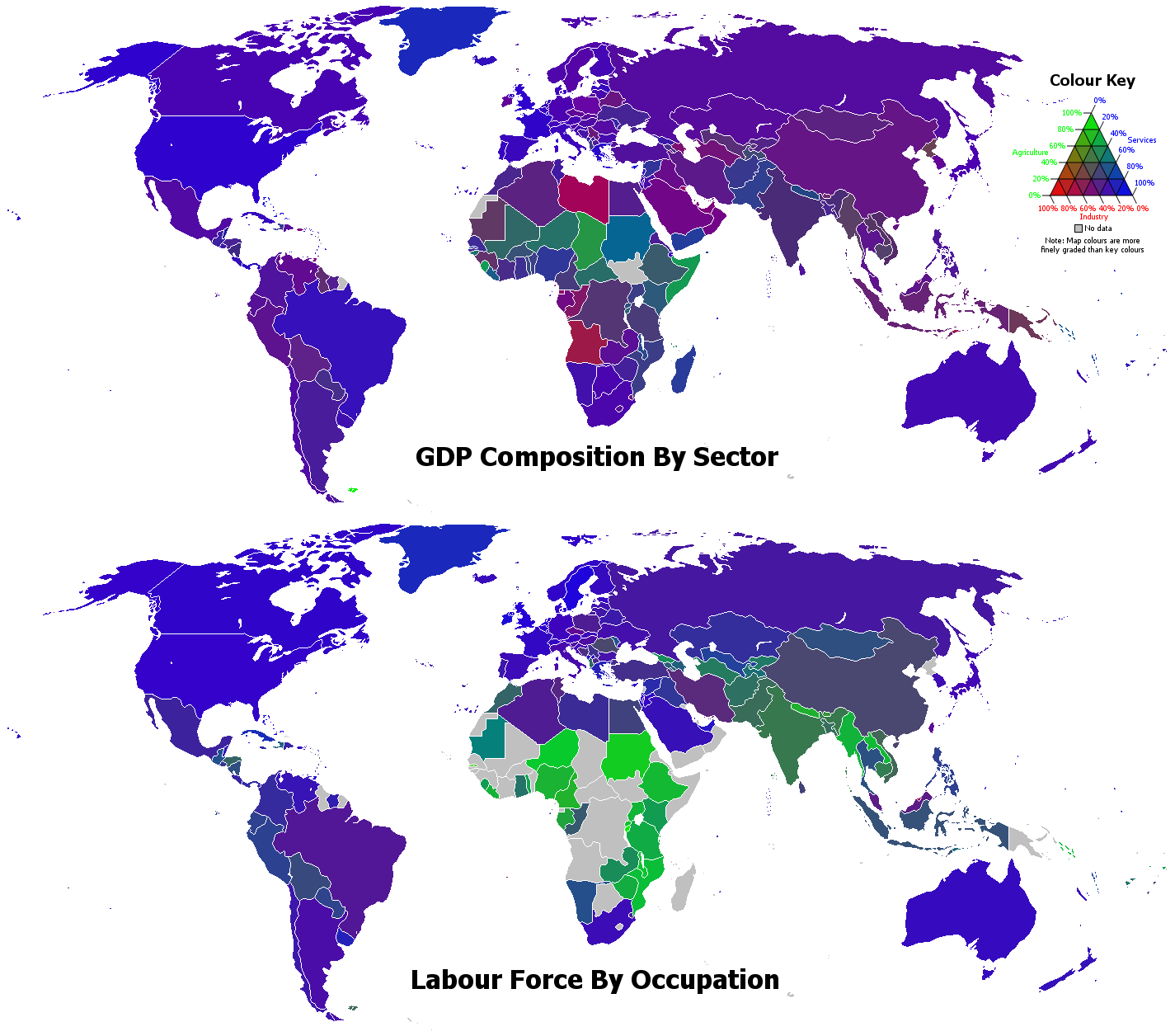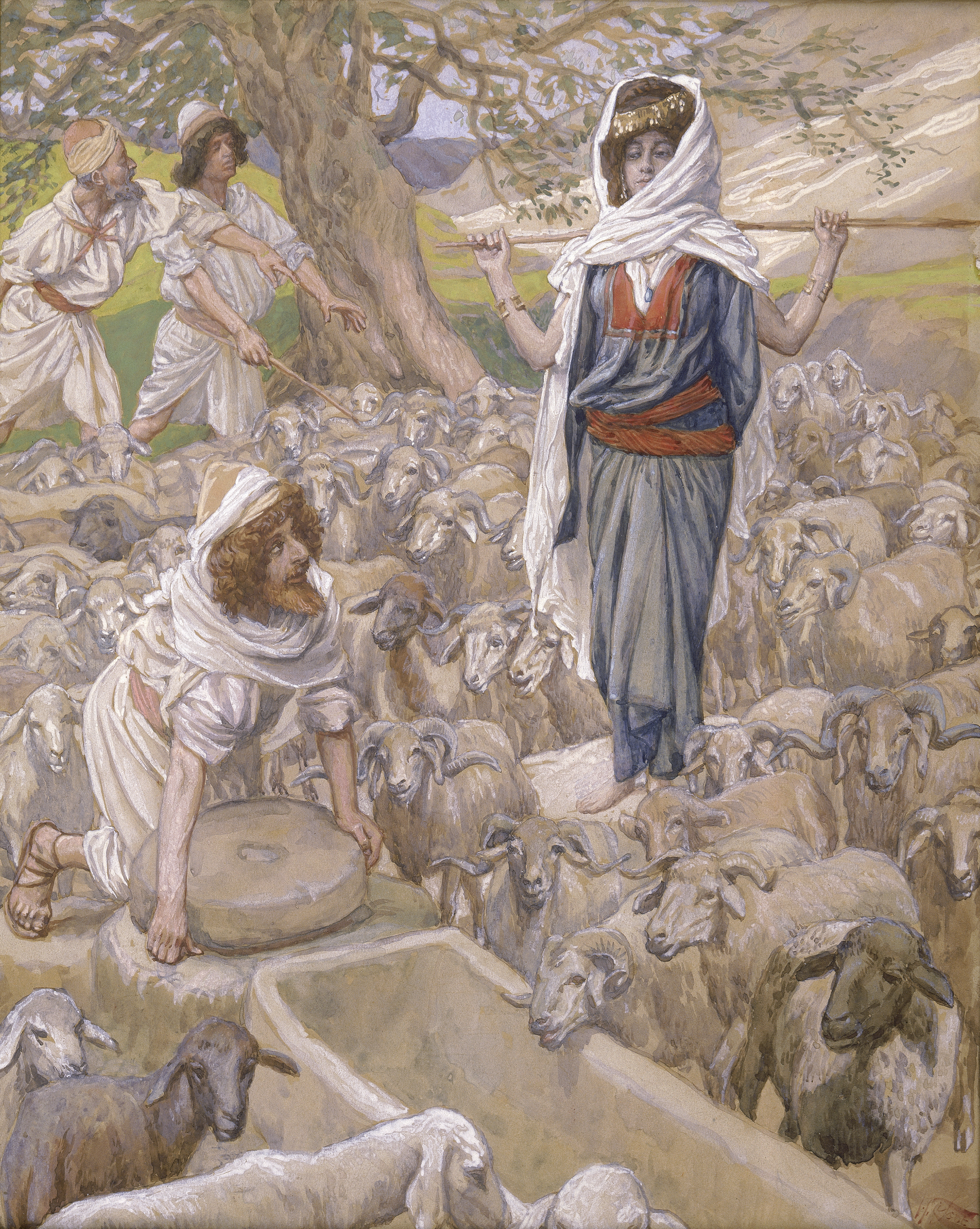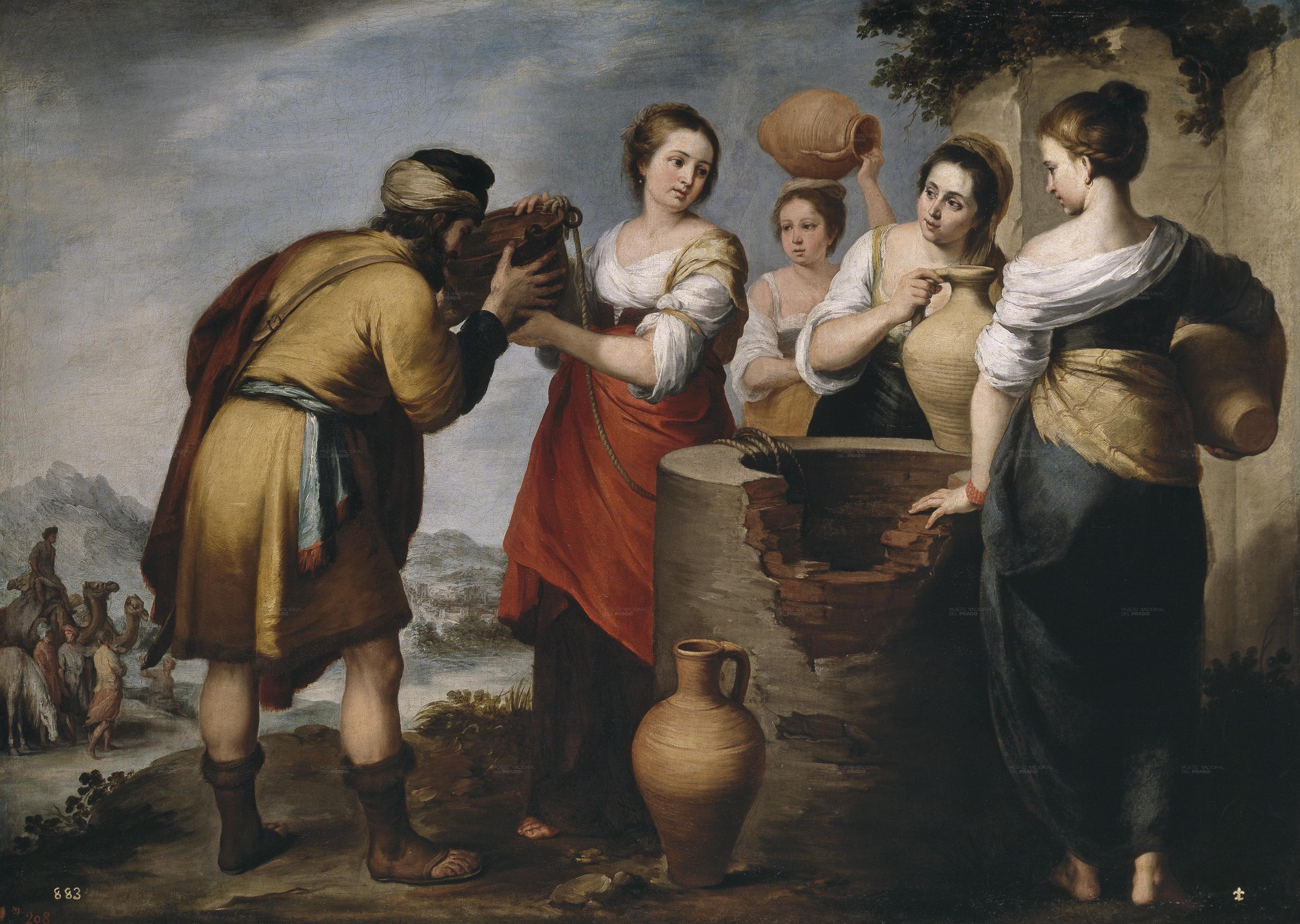|
Mishkan T'filah
''Mishkan T'filah—A Reform Siddur'' is a prayer book prepared for Reform Jewish congregations around the world by the Central Conference of American Rabbis (CCAR). ''Mishkan T'filah (משכן תפלה)'' is Hebrew for "Dwelling Place for Prayer" and the book serves as a successor to '' Gates of Prayer, the New Union Prayer Book'' (''GOP''), which was released in 1975. In 2015, CCAR released the complementary ''Mishkan HaNefesh'' machzor for the High Holy Days. CCAR also produces a host of print and electronic materials to supplement the ''Mishkan T'filah'' book. Development Problems with ''Gates of Prayer'' ''Gates of Prayer'' was criticized as being a non-cohesive collection of prayers, resulting in a prayer book that was too large, and for its retention of masculine pronouns. To address these issues, some congregations prepared their own prayer materials (often with edits to neutralize gender) or continued use of the ''Union Prayer Book''. A project to address these concer ... [...More Info...] [...Related Items...] OR: [Wikipedia] [Google] [Baidu] |
Prayer Book
A prayer book is a book containing prayers and perhaps devotional readings, for private or communal use, or in some cases, outlining the liturgy of religious services. Books containing mainly orders of religious services, or readings for them are termed "service books" or "liturgical books", and are thus not prayer-books in the strictest sense, but the term is often used very loosely. A religion's scriptures might also be considered prayer books as well. Jewish prayer books In Judaism, the Siddur is a prayer book "containing the three daily prayers; also the prayers for Shabbat, ''Rosh-Chodesh'' and the festivals." Christian prayer books Breviaries Breviaries are prayer books used in many Christian denominations by believers to pray at fixed prayer times the canonical hours seven times a day, a practice that has its roots in . Daily devotional Throughout the year, and especially during certain seasons of the Christian liturgical kalendar such as Advent and Lent, ma ... [...More Info...] [...Related Items...] OR: [Wikipedia] [Google] [Baidu] |
Galley Proof
In printing and publishing, proofs are the preliminary versions of publications meant for review by authors, editors, and proofreaders, often with extra-wide margins. Galley proofs may be uncut and unbound, or in some cases electronically transmitted. They are created for proofreading and copyediting purposes, but may also be used for promotional and review purposes. Historical galley proofs Proof, in the typographical sense, is a term that dates to around 1600. The primary goal of proofing is to create a tool for verification that the job is accurate. All needed or suggested changes are physically marked on paper proofs or electronically marked on electronic proofs by the author, editor, and proofreaders. The compositor, typesetter, or printer receives the edited copies, corrects and re-arranges the type or the pagination, and arranges for the press workers to print the final or published copies. Galley proofs or galleys are so named because in the days of hand-set letter ... [...More Info...] [...Related Items...] OR: [Wikipedia] [Google] [Baidu] |
Service Economy
Service economy can refer to one or both of two recent economic developments: * The increased importance of the service sector in industrialized economies. The current list of Fortune 500 companies contains more service companies and fewer manufacturers than in previous decades. * The relative importance of service in a product offering. The service economy in developing countries is mostly concentrated in financial services, hospitality, retail, health, human services, information technology and education. Products today have a higher service component than in previous decades. In the management literature this is referred to as the servitization of products or a product-service system. Virtually every product today has a service component to it. The old dichotomy between product and service has been replaced by a Service (economics) service–product continuu Many product (business), products are being transformed into services. For example, IBM treats its business as a ... [...More Info...] [...Related Items...] OR: [Wikipedia] [Google] [Baidu] |
Lawrence A
Lawrence may refer to: Education Colleges and universities * Lawrence Technological University, a university in Southfield, Michigan, United States * Lawrence University, a liberal arts university in Appleton, Wisconsin, United States Preparatory & high schools * Lawrence Academy at Groton, a preparatory school in Groton, Massachusetts, United States * Lawrence College, Ghora Gali, a high school in Pakistan * Lawrence School, Lovedale, a high school in India * The Lawrence School, Sanawar, a high school in India Research laboratories * Lawrence Berkeley National Laboratory, United States * Lawrence Livermore National Laboratory, United States People * Lawrence (given name), including a list of people with the name * Lawrence (surname), including a list of people with the name * Lawrence (band), an American soul-pop group * Lawrence (judge royal) (died after 1180), Hungarian nobleman, Judge royal 1164–1172 * Lawrence (musician), Lawrence Hayward (born 1961), British musician * ... [...More Info...] [...Related Items...] OR: [Wikipedia] [Google] [Baidu] |
Debbie Friedman
Deborah Lynn "Debbie" Friedman (February 23, 1951 – January 9, 2011)Horn, JordanaBeloved US Jewish songwriter, Debbie Friedman, dies ''The Jerusalem Post'', January 9, 2011Fox, MargalitDebbie Friedman, Singer of Jewish Music, Dies at 59 ''The New York Times'', January 11, 2011 was an American singer-songwriter of Jewish religious songs and melodies. She is best known for her setting of "Mi Shebeirach", the prayer for healing, which is used by hundreds of congregations across America. Her songs are used by some Orthodox Jewish congregations, as well as non-Orthodox Jewish congregations. Friedman was a feminist, and Orthodox Jewish feminist Blu Greenberg noted that while Friedman's music impacted most on Reform and Conservative liturgy, "she had a large impact nModern Orthodox shuls, women’s tefillah rayer the Orthodox feminist circles.... She was a religious bard and angel for the entire community." Biography The daughter of Freda and Gabriel Friedman, Debbie was born in Ne ... [...More Info...] [...Related Items...] OR: [Wikipedia] [Google] [Baidu] |
Leah
Leah ''La'ya;'' from (; ) appears in the Hebrew Bible as one of the two wives of the Biblical patriarch Jacob. Leah was Jacob's first wife, and the older sister of his second (and favored) wife Rachel. She is the mother of Jacob's first son Reuben. She has three more sons, namely Simeon, Levi and Judah, but does not bear another son until Rachel offers her a night with Jacob in exchange for some mandrake root (, ''dûdâ'îm''). Leah gives birth to two more sons after this, Issachar and Zebulun, and to Jacob's only daughter, Dinah. Biblical narrative Overview Leah first appears in the Book of Genesis, in Genesis 29, which describes her as the daughter of Laban and the older sister of Rachel, and is said to not compare to Rachel's physical beauty and that she has tender eyes.) (Genesis 29:17). It is debated as to whether the adjective "tender" () should be taken to mean "delicate and soft" or "weary". Some translations say that it may have meant blue or light colored eyes. ... [...More Info...] [...Related Items...] OR: [Wikipedia] [Google] [Baidu] |
Rachel
Rachel () was a Biblical figure, the favorite of Jacob's two wives, and the mother of Joseph and Benjamin, two of the twelve progenitors of the tribes of Israel. Rachel's father was Laban. Her older sister was Leah, Jacob's first wife. Her aunt Rebecca was Jacob's mother. After Leah conceived again, Rachel was finally blessed with a son, Joseph, who would become Jacob's favorite child. Children Rachel's son Joseph was destined to be the leader of Israel's tribes between exile and nationhood. This role is exemplified in the Biblical story of Joseph, who prepared the way in Egypt for his family's exile there. After Joseph's birth, Jacob decided to return to the land of Canaan with his family. Fearing that Laban would deter him, he fled with his two wives, Leah and Rachel, and twelve children without informing his father-in-law. Laban pursued him and accused him of stealing his idols. Indeed, Rachel had taken her father's idols, hidden them inside her camel's seat cushion, an ... [...More Info...] [...Related Items...] OR: [Wikipedia] [Google] [Baidu] |
Rebekah
Rebecca, ; Syriac: , ) from the Hebrew (lit., 'connection'), from Semitic root , 'to tie, couple or join', 'to secure', or 'to snare') () appears in the Hebrew Bible as the wife of Isaac and the mother of Jacob and Esau. According to biblical tradition, Rebecca's father was Bethuel the Aramean from Paddan Aram, also called Aram-Naharaim. Rebecca's brother was Laban the Aramean, and she was the granddaughter of Milcah and Nahor, the brother of Abraham. Rebecca and Isaac were one of the four couples that some believe are buried in the Cave of the Patriarchs, the other three being Adam and Eve, Abraham and Sarah, and Jacob and Leah. Early life After the Binding of Isaac, Sarah died. After taking care of her burial, Abraham went about finding a wife for his son Isaac, who was already 37 years old. He commanded his servant (whom the Torah commentators identify as Eliezer of Damascus) to journey to his birthplace of Aram Naharaim to select a bride from his own family, rather than ... [...More Info...] [...Related Items...] OR: [Wikipedia] [Google] [Baidu] |
Sarah
Sarah (born Sarai) is a biblical matriarch and prophetess, a major figure in Abrahamic religions. While different Abrahamic faiths portray her differently, Judaism, Christianity, and Islam all depict her character similarly, as that of a pious woman, renowned for her hospitality and beauty, the wife and half-sister of Abraham, and the mother of Isaac. Sarah has her feast day on 1 September in the Catholic Church, 19 August in the Coptic Orthodox Church, 20 January in the LCMS, and 12 and 20 December in the Eastern Orthodox Church. In the Hebrew Bible Family According to Book of Genesis 20:12, in conversation with the Philistine king Abimelech of Gerar, Abraham reveals Sarah to be both his wife and his half-sister, stating that the two share a father but not a mother. Such unions were later explicitly banned in the Book of Leviticus (). This would make Sarah the daughter of Terah and the half-sister of not only Abraham but Haran and Nahor. She would also have been the au ... [...More Info...] [...Related Items...] OR: [Wikipedia] [Google] [Baidu] |
Jacob
Jacob (; ; ar, يَعْقُوب, Yaʿqūb; gr, Ἰακώβ, Iakṓb), later given the name Israel, is regarded as a patriarch of the Israelites and is an important figure in Abrahamic religions, such as Judaism, Christianity, and Islam. Jacob first appears in the Book of Genesis, where he is described as the son of Isaac and Rebecca, and the grandson of Abraham, Sarah, and Bethuel. According to the biblical account, he was the second-born of Isaac's children, the elder being Jacob's fraternal twin brother, Esau. Jacob is said to have bought Esau's birthright and, with his mother's help, deceived his aging father to bless him instead of Esau. Later in the narrative, following a severe drought in his homeland of Canaan, Jacob and his descendants, with the help of his son Joseph (who had become a confidant of the pharaoh), moved to Egypt where Jacob died at the age of 147. He is supposed to have been buried in the Cave of Machpelah. Jacob had twelve sons through four ... [...More Info...] [...Related Items...] OR: [Wikipedia] [Google] [Baidu] |
Isaac
Isaac; grc, Ἰσαάκ, Isaák; ar, إسحٰق/إسحاق, Isḥāq; am, ይስሐቅ is one of the three patriarchs of the Israelites and an important figure in the Abrahamic religions, including Judaism, Christianity, and Islam. He was the son of Abraham and Sarah, the father of Jacob and Esau, and the grandfather of the Twelve Tribes of Israel, twelve tribes of Israel. Isaac's name means "he will laugh", reflecting the laughter, in disbelief, of Abraham and Sarah, when told by God that they would have a child., He is the only patriarch whose name was not changed, and the only one who did not move out of Canaan. According to the narrative, he died aged 180, the longest-lived of the three patriarchs. Etymology The anglicized name "Isaac" is a transliteration of the Hebrew name () which literally means "He laughs/will laugh." Ugaritic language, Ugaritic texts dating from the 13th century BCE refer to the benevolent smile of the Canaanite religion, Canaanite deity El (deit ... [...More Info...] [...Related Items...] OR: [Wikipedia] [Google] [Baidu] |
Abraham
Abraham, ; ar, , , name=, group= (originally Abram) is the common Hebrew patriarch of the Abrahamic religions, including Judaism, Christianity, and Islam. In Judaism, he is the founding father of the special relationship between the Jews and God; in Christianity, he is the spiritual progenitor of all believers, whether Jewish or non-Jewish; and in Islam, he is a link in the chain of Islamic prophets that begins with Adam (see Adam in Islam) and culminates in Muhammad. His life, told in the narrative of the Book of Genesis, revolves around the themes of posterity and land. Abraham is called by God to leave the house of his father Terah and settle in the land of Canaan, which God now promises to Abraham and his progeny. This promise is subsequently inherited by Isaac, Abraham's son by his wife Sarah, while Isaac's half-brother Ishmael is also promised that he will be the founder of a great nation. Abraham purchases a tomb (the Cave of the Patriarchs) at Hebron to be S ... [...More Info...] [...Related Items...] OR: [Wikipedia] [Google] [Baidu] |







.jpg)